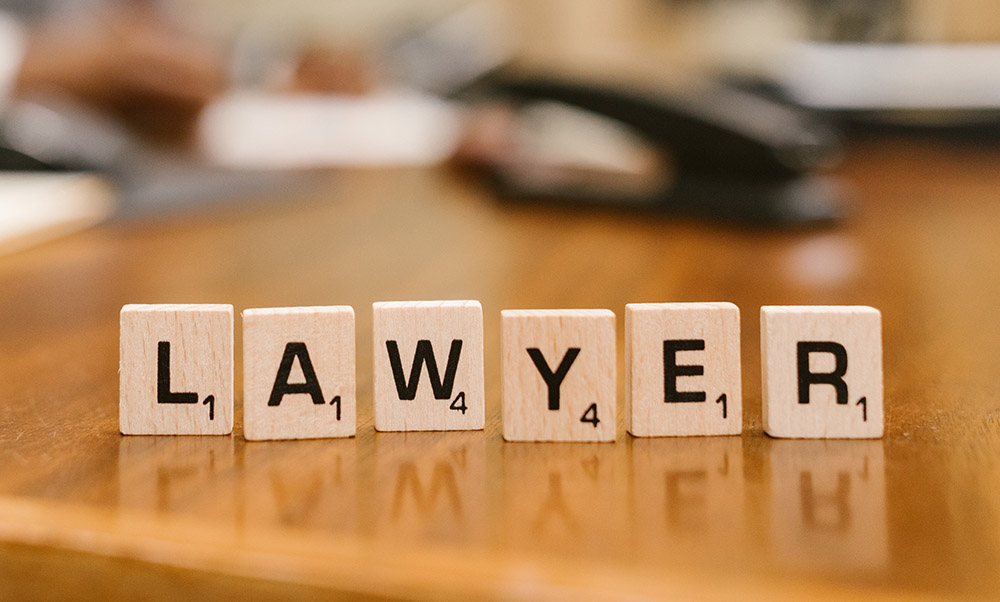
What is the difference between a civil lawyer and a criminal lawyer?
What is the difference between a civil lawyer and a criminal lawyer?
The Difference Between Civil and Criminal Lawyers: A Detailed Guide
Civil and criminal lawyers are both essential parts of the legal system, but they deal with vastly different types of cases and have distinct goals. Choosing the right lawyer depends on the nature of your legal issue, so understanding the key differences is crucial. Let’s delve into the details:
1. Practice Area:
- Civil Lawyers: They handle private disputes between individuals, organizations, or businesses. Examples include contract breaches, property disputes, personal injury claims, employment law, family law, and financial matters. Their goal is to achieve a favorable outcome for their client in the case, such as financial compensation, contract fulfillment, or property rights protection.
- Criminal Lawyers: They focus on crimes committed against the state. This includes defending individuals accused of felonies, misdemeanors, and traffic violations. Their primary goal is to protect the defendant’s rights, ensure fair legal proceedings, and seek the most favorable outcome, such as acquittal, dismissal of charges, or reduced sentences.
2. Burden of Proof:
- Civil Cases: The burden of proof lies with the plaintiff (the party bringing the lawsuit). They must prove their case by a preponderance of the evidence, meaning it is more likely than not that their claims are true.
- Criminal Cases: The burden of proof rests with the prosecution. They must prove the defendant’s guilt beyond a reasonable doubt, leaving no room for significant doubt about the defendant’s guilt.
3. Potential Outcomes:
- Civil Cases: The outcome of a civil case typically involves **monetary compensation, injunctions (court orders to stop specific actions), or specific performance orders (court orders requiring specific actions).
- Criminal Cases: The outcome of a criminal case can involve fines, imprisonment, probation, parole, or community service. Acquittal or dismissal of charges are also possible results.
4. Client Relationship:
- Civil Lawyers: Their client relationship is often more collaborative, working with the client to understand their desired outcome and build a strong case.
- Criminal Lawyers: Their client relationship often requires a more aggressive and protective approach, advocating fiercely for the defendant’s rights and navigating the complexities of the criminal justice system.
5. Skillsets and Personality:
- Civil Lawyers: They typically have strong negotiation, analytical, and problem-solving skills. They often focus on detail and present factual arguments in a persuasive manner.
- Criminal Lawyers: They often possess strong oral advocacy skills, the ability to think quickly on their feet, and a deep understanding of criminal procedure and evidence rules. They may need to be assertive and confident when dealing with prosecutors and judges.
Remember: Choosing the right lawyer is critical for success in your legal matter. Consider the nature of your case, your desired outcome, and the lawyer’s experience and personality to find a good fit.
I hope this detailed explanation helps you understand the key differences between civil and criminal lawyers. Please don’t hesitate to ask if you have any further questions!
Adcocate J.S. Rohilla (Civil & Criminal Lawyer in Indore)
Contact: 88271 22304
